
Freedy Johnston seems destined to be remembered as a one-hit wonder for 1994’s ‘Bad Reputation’, a critically acclaimed but commercially marginal figure. This semi-obscurity isn’t necessarily surprising – popular music is littered with talented performers who only enjoyed a brief period of fame – but Johnston is worth hearing, a skilled craftsman dealing in minimalist, engaging, and unsettling songs. Even if Johnston’s been forgotten by the public, he gained a following among a younger generation of musicians – Okkervil River’s Will Sheff wrote an article on the impact that Freedy Johnston had on him: http://www.willsheff.com/first-song-of-the-month-freedy-johnston-a-lost-1994/, while Death Cab For Cutie have covered ‘Bad Reputation’ live.
Born Frederic Fatzer, Johnston’s musical career got off to a slow start. Living in the backwaters of Kansas, he bought his first guitar by mail order at sixteen then made a friend drive 35 miles so that he could buy a copy of Elvis Costello’s My Aim Is True. After dropping out of University and moving to New York, Johnston’s debut The Trouble Tree was released in 1990 when Johnston was already pushing 30.
While his debut is merely formative, Johnston evolved his style significantly for his terrific second album Can You Fly. His most notable feature is his extremely economical writing style – he’s often able to communicate a lot with very few words, and his lyrics paint oblique pictures, often of people on the fringes.
Freedy Johnston Album Reviews
The Trouble Tree | Can You Fly | This Perfect World | Never Home | Blue Days, Black Nights | Right Between The Promises | Rain on the City | Neon Repairman | Back on the Road to You
Favourite Album: Can You Fly
Overlooked Gem: Blue Days, Black Nights
The Trouble Tree
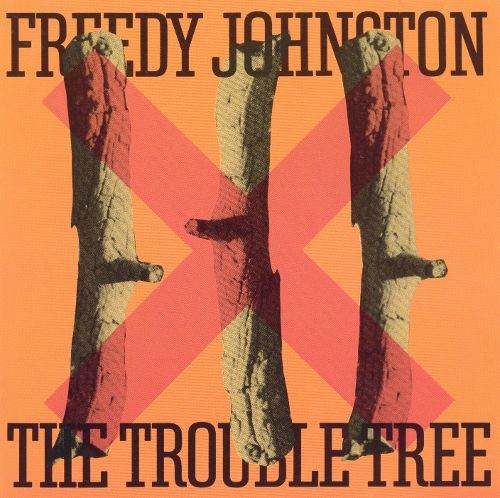
1990, 6/10
Johnston’s debut is substantially different to the crafted and economical approach he’d take on subsequent albums; The Trouble Tree sounds like the work of a bar band, disarmingly hard rocking in places. There’s a general aura of economy surrounding The Trouble Tree; not only does it sound like a live-in-the-studio recording with questionable sound quality, but it also features possibly the worst cover art I’ve ever encountered. As amateur and rough-edged as it is, The Trouble Tree has its moments; Johnston’s scrawny white boy vocals have plenty of character, there are some definite good songs, and it’s fascinating to hear Johnston cranking out surprisingly heavy guitar riffs.
‘No Violins’ is terrific, underpinned by a funky acoustic rhythm guitar riff and bass line, a terrific lead break and energetic vocals, with lyrics justifying the record’s rough and ready approach (“here’s a song that’s got everything you want/except no violins”), while ‘Bad Girl’ also demonstrates an otherwise undisclosed talent for propulsive acoustic riffs. The distorted ‘Little Red-Haired Girl’ tears up far more than you’d expect a Freedy Johnston song to, while the acoustic ‘Tucumcari’ is another winner, much more representative of Johnston’s later work. Some of these songs, however, are just plain awkward; with the frequent spoken lines (“I’m going to win you a stuffed rabbit” in ‘Fun Ride’) and underdeveloped themes (‘Nature Boy’).
The Trouble Tree is likeable, but it’s a false start to Freedy Johnston’s career, out of step with his later work. If you’re already a fan it’s fascinating to hear his development, but in terms of quality, it’s some distance from his best.
Can You Fly
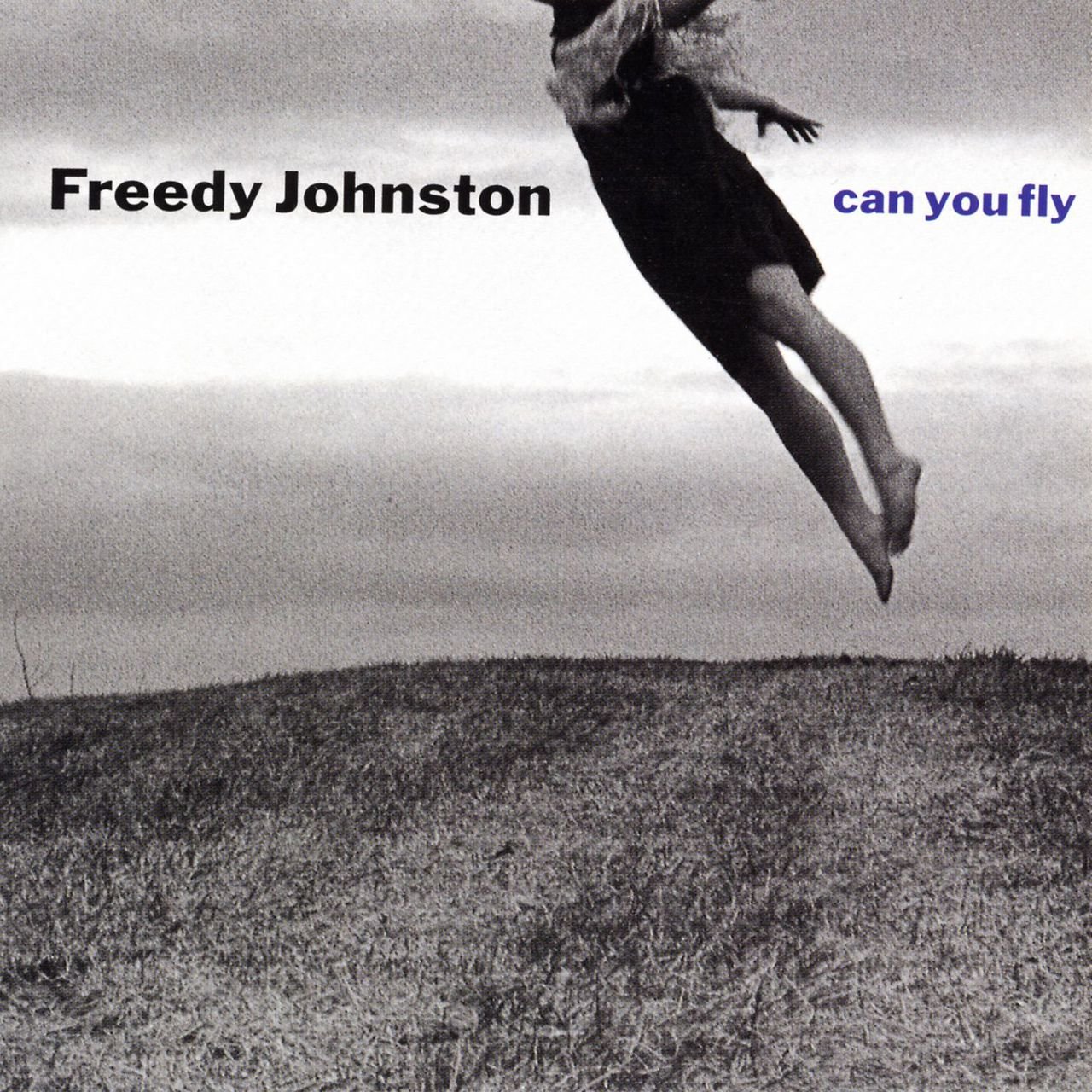
1992, 9.5/10
Can You Fly starts with the immortal opening line “Well I sold the dirt to feed the band”, referring to Johnston’s decision to sell a generations-old family farm to fund his musical career. Compared to his debut, Can You Fly is much more minimalist and acoustically focused. That’s not to say it’s heading into James Taylor territory; Johnston’s voice is agreeably ragged, and there’s energy and angst. These songs are exceptional, melodic and told in Johnston’s own unique voice. Johnston is supported by a terrific, understated band; fellow fringe-pop musicians Marshall Crenshaw, Chris Stamey and Kevin Salem guest on guitar, while Joe Jackson alumni Graham Maby produces half the tracks and adds some excellent bass lines.
As much as the abrasive tracks like ‘Trying To Tell You I Don’t Know’ and ‘California Thing’ are critical for the balance of the album, it’s the disarmingly straightforward material that’s the most appealing. ‘Down In Love’, a duet with Syd Straw, is beautiful in its simplicity; something that could potentially be sappy and overwrought (“Down so far you can’t be broken/No more dreams for me”) is so understated and pure that it’s impossible to dislike. Likewise, ‘The Mortician’s Daughter’ is a simple tale of nostalgic love, but the unromantic choice of love interest (“we drew our hearts on the dusty coffin lids”) gives it an engaging, off-kilter quality that’s hard to pin down. ‘The Lucky One’ is similarly ambiguous, the tale of an eternally optimistic, but ill-fated, gambler.
As good as Johnston is at playing other characters, plenty of these songs seem underpinned by his own experiences, and the more autobiographical nature of Can You Fly is perhaps what makes it his definitive statement.
This Perfect World
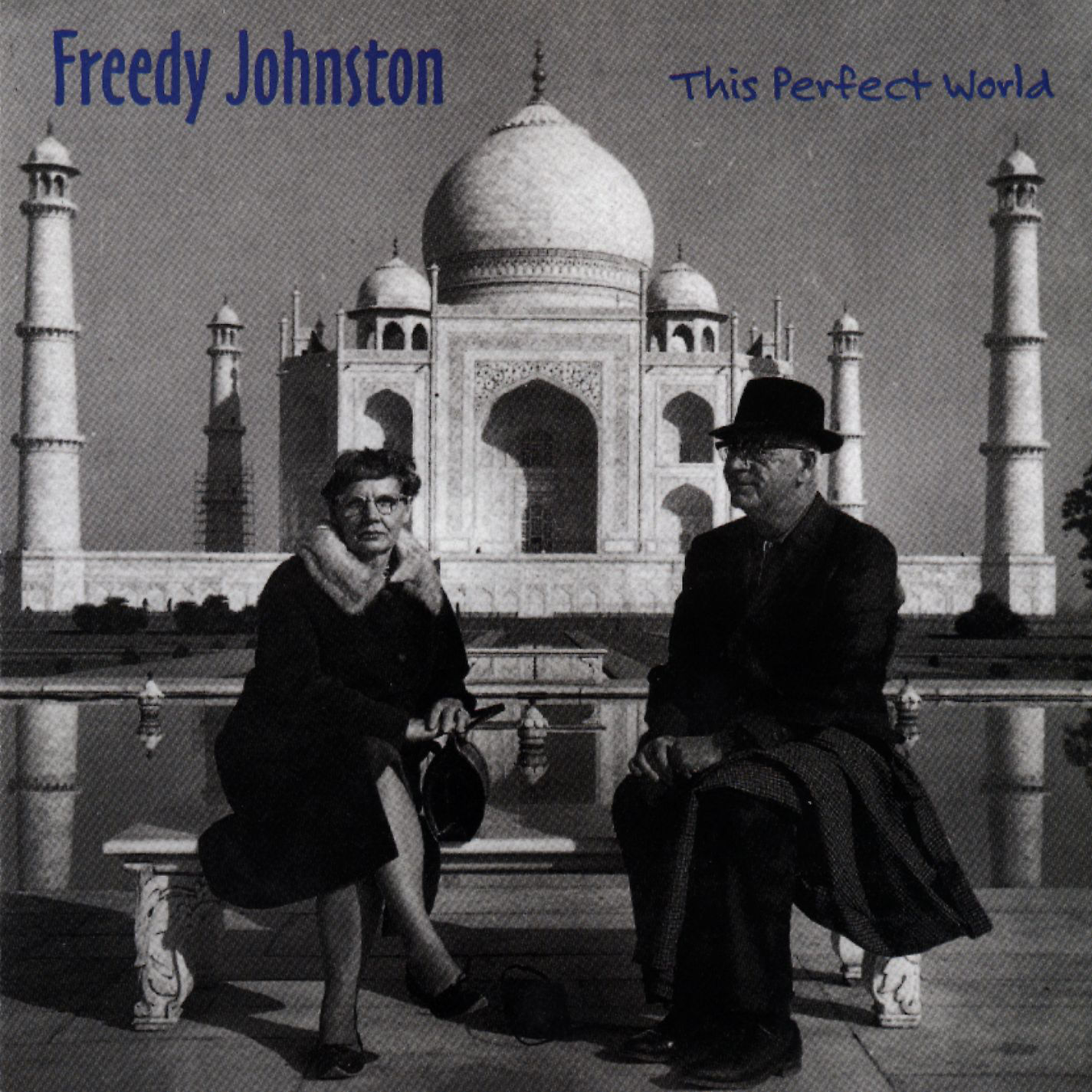
1994, 8/10
This Perfect World was Johnston’s most successful album; his major label debut and its opening single ‘Bad Reputation’ was a minor hit. It’s the most conventional singer-songwriter album in his discography; it’s comparatively acoustic and lacks the rawness of his earlier work and the poppy sheen of his later albums. Tom Waits sideman Marc Ribot adds his distinctive guitar lines to some of the tracks, while cello adds a mournful undertone to the title track and ‘Evie’s Garden’. Of all people, Butch Vig produces, but the end results sound nothing like Garbage. Johnston’s songwriting is more developed and his character sketches more convincing, but This Perfect World lacks the visceral impact and charm of Can You Fly, and is a little too understated and mono-textural for its own good.
That’s not to say that some of these songs aren’t catchy; ‘Dolores’ bounces along on an infectious acoustic riff, ‘Can’t Sink This Town’ adds punchy guitars to its memorable chorus, while ‘Bad Reputation’ is hooky and flows effortlessly without demarcated verses and choruses. But the tone of This Perfect World is much more informed by the pensive subjects that dominate the track-listing; the title track gives a voice to a prisoner on death row (“But I still deserve to say goodbye/No matter what I’ve done”), and while the music of ‘Two Lovers Stop’ is deceptively upbeat as the lyrics outline a suicide pact. The pair of ‘Evie’s Tears’ and ‘Evie’s Garden’ are both downers, while ‘Cold Again’ and ‘Gone Like The Water’ also deal with loss and grief.
This Perfect World probably falls into the category of an album I respect a lot, rather than an album I love; it has such a dark undertow that it’s not always that fun to listen to, but it’s admirably well-crafted.
Never Home
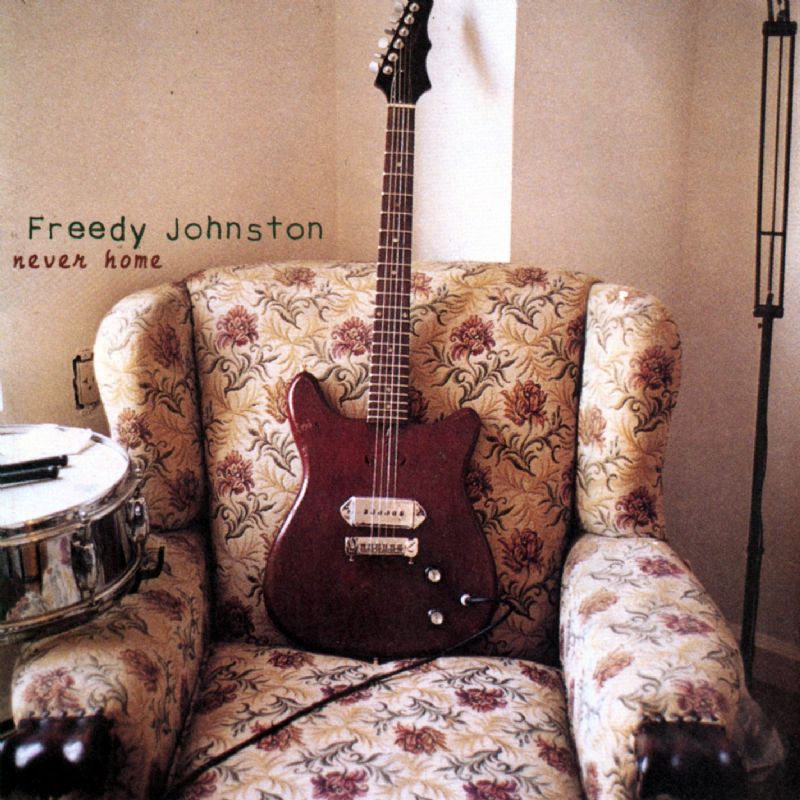
1997, 8/10
Never Home is richer, with fuller arrangements and a more upfront sound, than This Perfect World, but at the same time, Johnston’s songwriting has reached new levels of economy and conciseness. That’s a compliment – Johnston’s ability to cut out all the flab from his songs, and to communicate complex emotions and situations in a few well-chosen phrases, is remarkable, and songs that at first seem inconsequential can become ingratiating. The harder sound comes from producer and guitarist Danny Kortchmar, whose musical career goes right back to a stint as a James Taylor sideman in the early seventies, while the rhythm section of Tom Petty’s drummer Stan Lynch and Graham Maby complete the band.
Despite the minimalist approach, at least a couple of these songs sound like they should have been huge radio hits. ‘One More Thing To Break’ withholds its main hook until halfway through the song, and is propelled by an awesome Maby bassline, while ‘You Get Me Lost’ is lush, harmonised and radio ready. Elsewhere, it’s more of the same classy, low-key songwriting from Johnston – ‘Western Sky’ is about a pilot’s son who refuses to fly, while ‘On The Way Out’ is a surprisingly abrasive opener.
With a couple of extremely memorable songs and a more produced, polished feel than before, there’s enough to make Never Home another strong entry in Johnston’s catalogue.
Blue Days, Black Nights
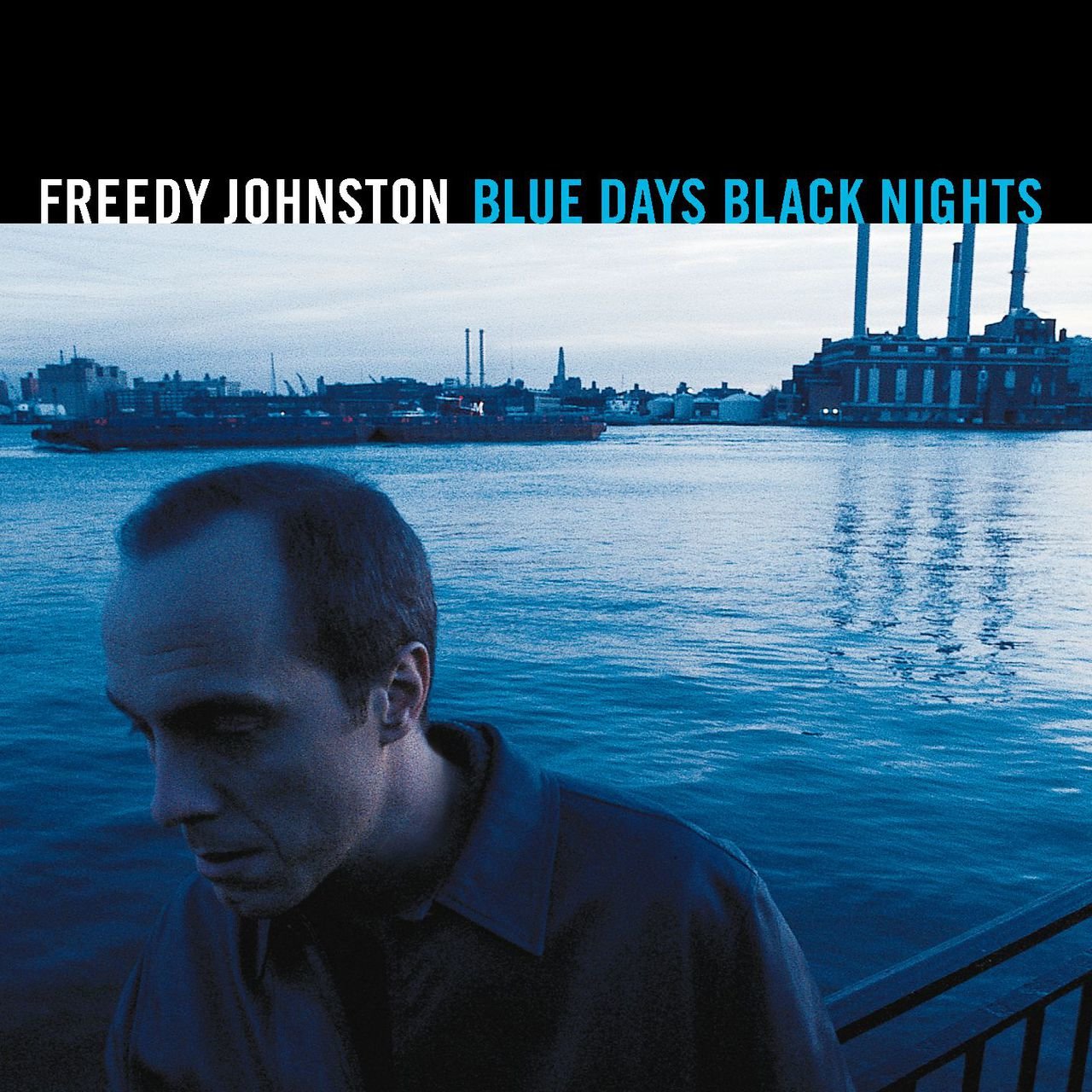
1999, 8/10
I keep giving these Johnston discs 8/10, but if forced to choose my favourite behind Can You Fly, I’d choose Blue Days, Black Nights by a whisker. With T-Bone Burnett in the production chair, Blue Days, Black Nights doesn’t sound much different from its predecessors – if anything it’s like a more diverse, more expansive version of This Perfect World – but Johnston’s writing is less serious and more pop-oriented before and this is one of his most accessible batches of songs.
For instance, ‘Changed Your Mind’ veers almost into 70s AM rock territory with its electric piano backing and succinct guitar solo. Johnston plays piano for the pretty, poignant ‘Caught As You Look Away’, while opening ‘Underwater Life’ is bubbly and joyous. It’s hard to talk too much about these Johnston releases – he’s a master of subtlety and understatement, both things which are difficult to put down in words.
But for bargain bin aficionados, these Johnston albums are well worth hunting down – ten more slices of accomplished and economical songwriting can be yours for six dollars tops.
Right Between The Promises
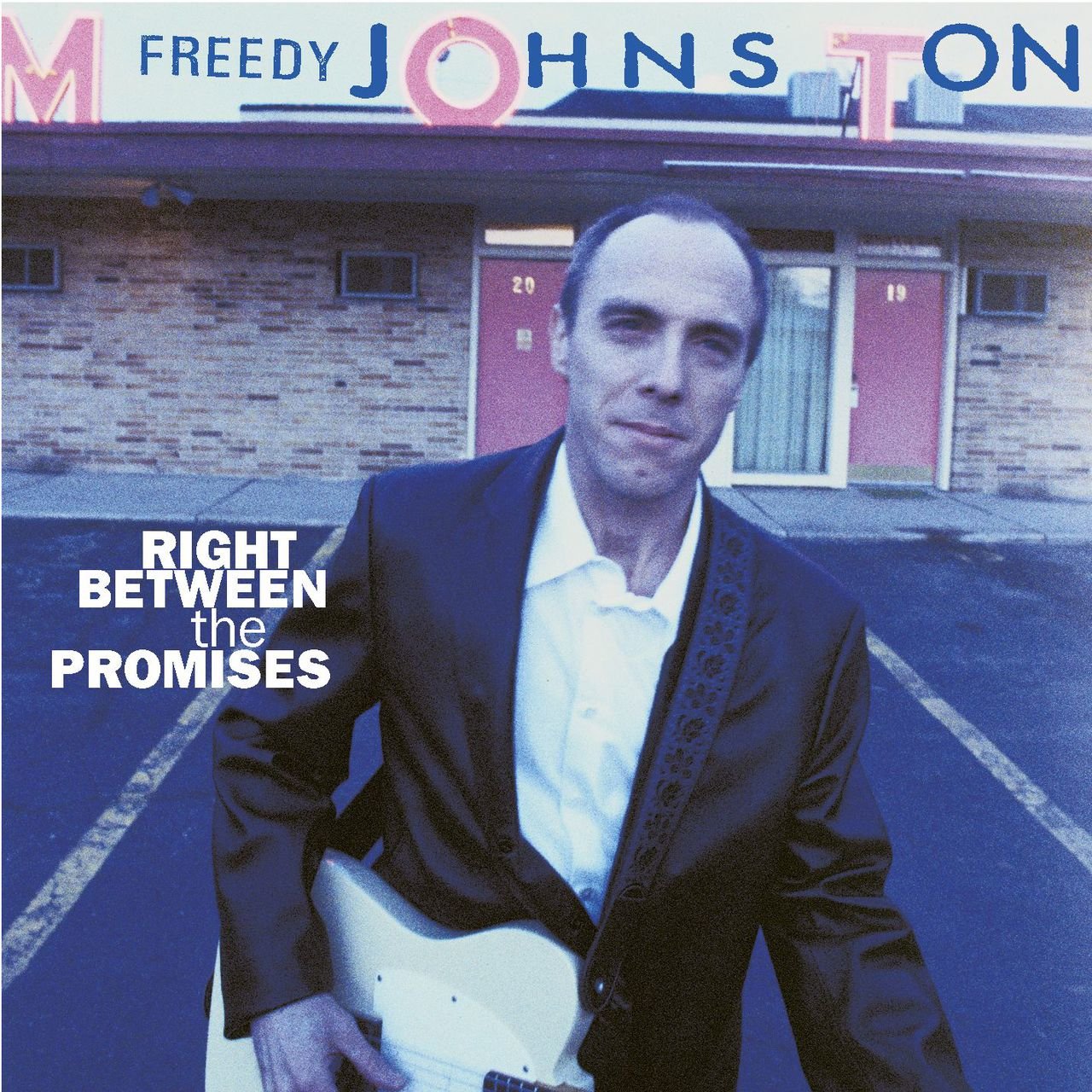
2001, 6.5/10
Right Between The Promises is the most stripped-back Johnston release since Can You Fly – after the more ornate arrangements on his subsequent 1990s’ albums, it’s looser and bluesier. The more stripped-down approach doesn’t affect the quality of the album, but it feels like Johnston’s supply of songs isn’t as strong as previous, and the cover of 1970s AM staple ‘Love Grows (Where My Rosemary Goes)’ and the generic blues of ‘Back To My Machine’ underline this.
Right Between The Promises is Johnston’s least accomplished album since his debut, but a quality writer and there’s worthwhile material – highlights include the driving pop of ‘Waste Your Time’ and the slick ‘That’s Alright With Me’. Right Between The Promises feels tired, and it’s not surprising that Johnston waited nine years before releasing another album of new material.
Rain on the City
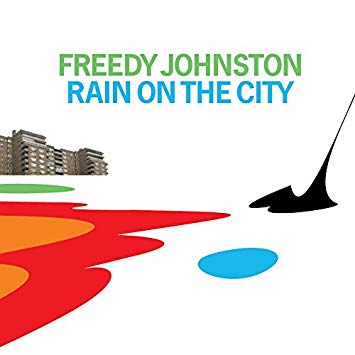
2010, 7/10
Freedy Johnston released music during the first decade of the 21st century, but 2001’s Right Between The Promises was his only album of original material. Instead he released a live album, an album of demos, and a cover record, making 2010’s Rain on the City Johnston’s first album of new material in almost a decade. It’s a stark record that makes his 1990s records look glossy and mainstream in comparison.
Rain on the City opens with the disappointingly low-key ‘Lonely Penny’, but the second song ‘Don’t Fall In Love With a Lonely Girl’ is one of his best ever, mixing Johnston’s gift for storytelling with a soaring power-pop chorus (“Don’t fall in love with a lonely girl/‘Cause you’ll never be alone with her”). Elsewhere, Rain on the City works best when Johnston cranks up the energy, like on ‘Livin’ Too Close to the Rio Grande’.
At this stage in his career, Johnston’s largely making music for his existing fan base, and the well-crafted Rain on the City is unlikely to disappoint.
Neon Repairman
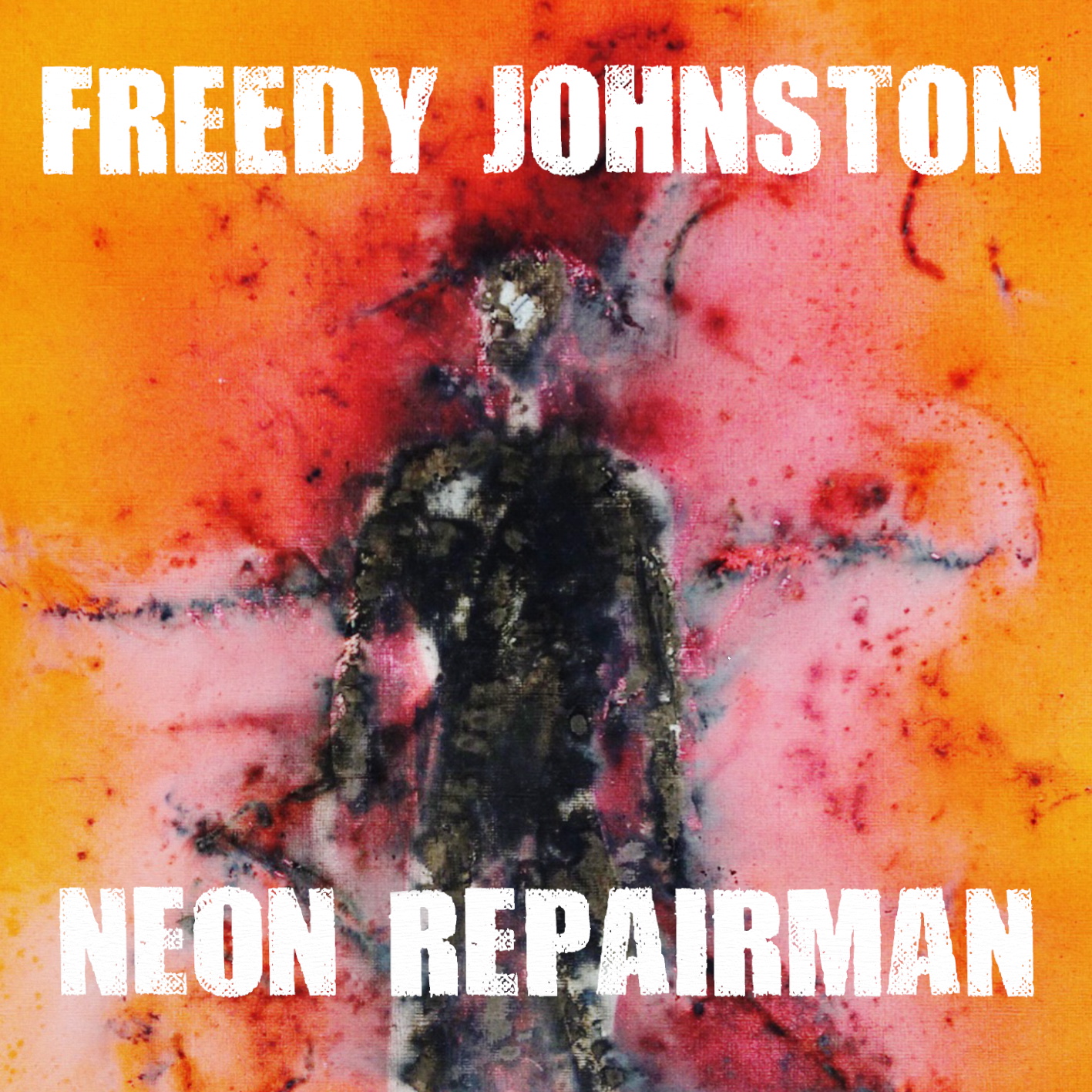
2015, 7/10
Johnston’s in the producer’s chair for the first time for Neon Repairman. It’s similar to Rain on the City, featuring less studio candy than his 1990s releases, but full of expertly crafted songs. As always, Johnston’s economical writing tells disquieting stories.
The title track is the standout here; it was written to parallel Jimmy Webb’s ‘Wichita Lineman’, made most obvious by the line “I need you more than want you, as the story goes.” Johnston plays the bouzouki on ‘Neon Repairman’, giving it an unusual flavour. Other memorable songs include the acoustic ‘The First to Leave the World, Is the First to See the World’, about Yuri Gagarin’s first space flight, and the unsettling power-pop of ‘TV In My Arms’.
Like Rain on the City, Neon Repairman is another welcome instalment into Johnston’s catalogue – my favourite of his pair of records in the 2010s.
Back on the Road to You
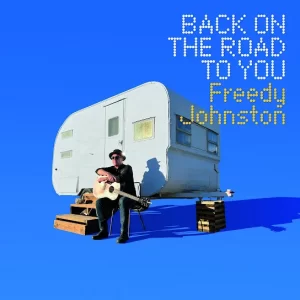
2022, 8/10
Johnston’s largely been a reliable operator over the years, crafting well-made albums and robust songs. But released in his sixties, Back on the Road to You is perhaps the most surprising record he’s made. Where Johnston’s usually subtle, this record is upfront with its hooks, more polished and energetic than usual. It’s fun to hear Johnston is a more commercial context, writing outside his usual economical style. Harmony vocals from Aimee Mann, Susan Cowsill, and Susanna Hoffs provide some extra colour.
Cowsill features on the hook-laden power pop of ‘Power of Love’, one of Johnston’s most memorable choruses. Even better is the gorgeous ‘Trick of the Light’, with Johnston’s pinched voice navigating a gorgeous melody. The proportion of high energy songs is higher than usual, with tracks like ‘There Goes a Brooklyn Girl’ and ‘Tryin’ To Move On’.
Back on the Road to You is impressive from Johnston, sweetening up his sound without losing depth.
Favourite Freedy Johnston Songs
Bad Reputation
One More Thing To Break
The Mortician’s Daughter
Changed Your Mind
Neon Repairman
Dolores
Trick of the Light
Don’t Fall In Love With A Lonely Girl
You Get Me Lost
Down In Love
Return to 1990s Album Reviews…
11 Comments
Leave a Reply
Related Pages
About
Aphoristic Album Reviews is almost entirely written by one person. It features album reviews and blog posts across a growing spectrum of popular music.
Review Pages
Read about the discographies of musical acts from the 1960s to the present day. Browse this site's review archives or enjoy these random selections:
Blog Posts
I add new blog posts to this website every week. Browse the archives or enjoy these random selections:
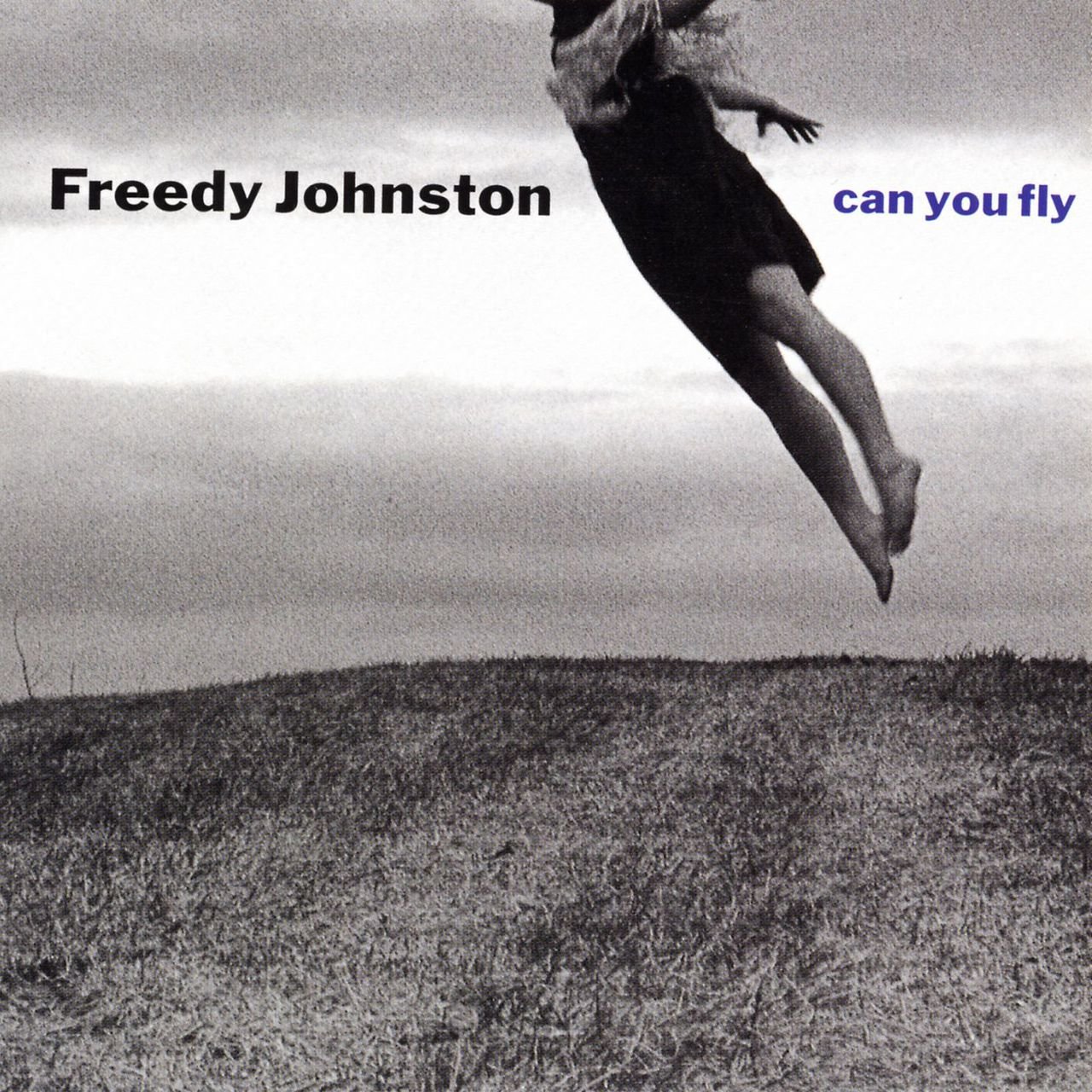
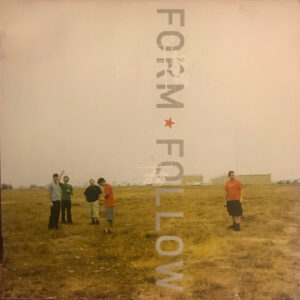
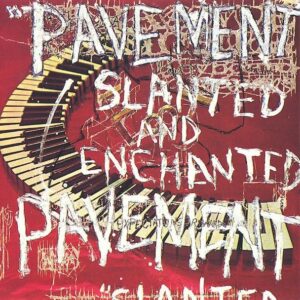
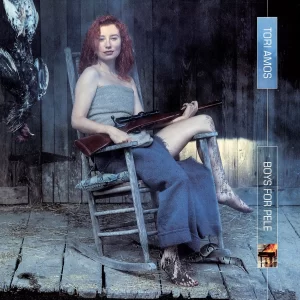
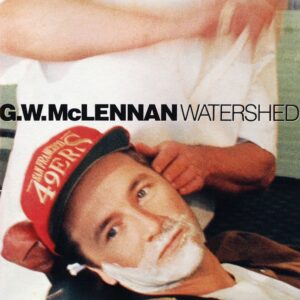
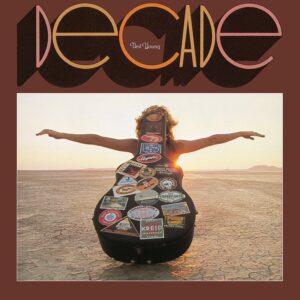
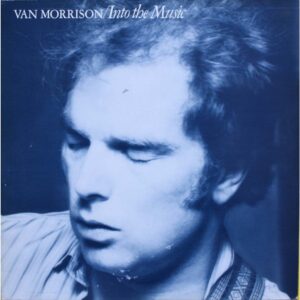
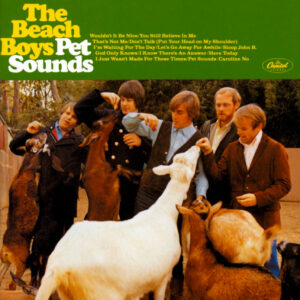
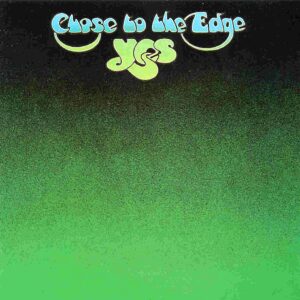
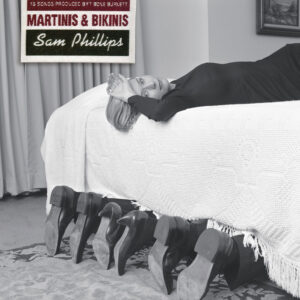
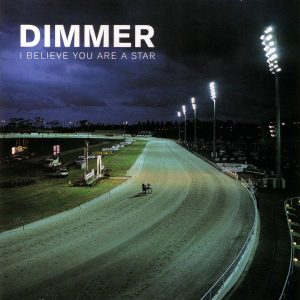
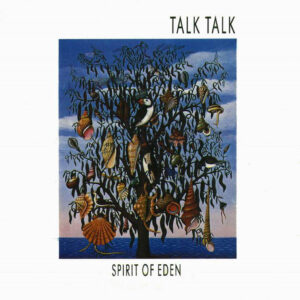
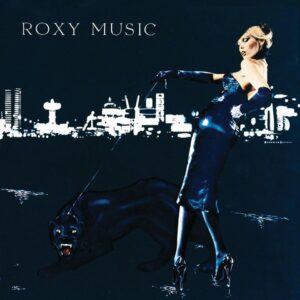
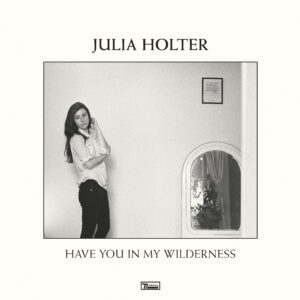
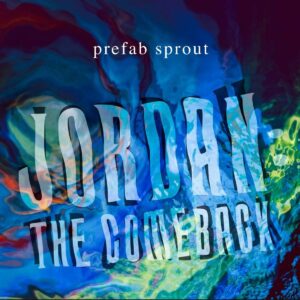
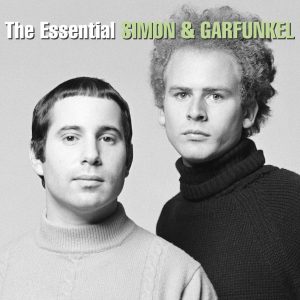
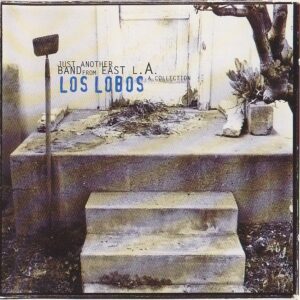

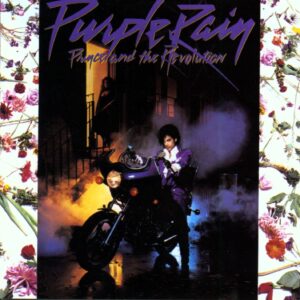
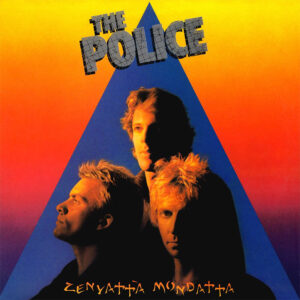
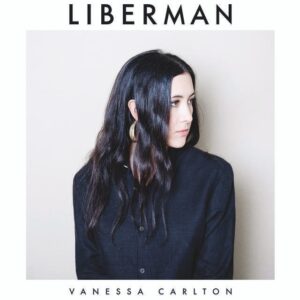




My favorite Freedy Johnston song is Seventies Girl off of the Never Home album. An alternative rock station would play cuts off of that album in the late nineties and I loved it…great site btw.
Thank you. I’ve never ever heard Freedy Johnston on the radio, which is a shame – think I just learned about him from word of mouth. Never Home is a really good record – he had four very good albums all in a row there.
I remember hearing his cover of Love Grows… and after that I lost track of him.
Thanks for the Freedy reviews, which made for a fun read. He’s been a favorite of mine for a long time. I agree with you that The Trouble Tree and Right Between The Promises are the weak links in his discography. I differ from you mainly in my views on This Perfect World and Blue Days Black Nights. I think the former is tied with Never Home as his second-best album, while the latter is a little too somber and subdued for my tastes. Your comments on these albums are the opposite of my own opinions. For me, Blue Days Black Nights is the one that is “a little too understated and monotextural for its own good” and is also the one that I respect more than love because it is not always fun to listen to. I don’t see Blue Days Black Nights as more diverse and more expansive than This Perfect World. I think Freedy very deliberately went for a more uniform sound with Blue Days Black Nights. There are no loud drums on the entire album. It is all about the mood. By the way, I love it that he took the title from ELO’s song “Telephone Line.” That’s typical Freedy. He loves his 70s pop. Yet this album remains a bit of a slog for me, even though I think he accomplished what he set out to do.
I saw Freedy play a solo acoustic show in 2014, and he was very good. If you get a chance to see him play, don’t miss it. He has a self-effacing charm that is really unusual for a musician who has had as much success as he has. He played more songs from Can You Fly than from any other album, and he threw in a surprisingly killer cover of “How Deep Is Your Love” by the Bee Gees. Not mentioned here, but worth checking out, is the Unlucky EP, which includes four good songs that can’t be found elsewhere (including his cover of “Wichita Lineman”), but I have to admit that I don’t much like his collection of old four-track cassette recordings, which is called The Way I Were. Freedy really found himself with Can You Fly. Had I only heard the material he recorded before that album, I never would have guessed he would go on to make such great music.
Oh by the way, I love it that you put all the album covers on your site. Album covers are important.
Thanks for writing in with such detailed comments!
I’m just giving Blue Days Black Nights a listen now. I agree it’s not big on dynamics or diversity, but it has a lot of pop elements – hummable tunes and lots of keyboards – that keep it entertaining and differentiate it from his other records.
Thanks for the recommendation on Unlucky – I’ll try to remember to check it out sometime. I do like his cover of ‘Wichita Lineman’.
I suppose it is an old-fashioned kind of pop music. I know that Freedy was consciously trying to recreate a Frank Sinatra “Only The Lonely” kind of mood. Blue Days Black Nights is dark in a way that is comforting, while This Perfect World is dark in an angsty way. I guess I like the angsty stuff better. By the way, “Caught As You Look Away” is the only piano-based Freedy song that I can think of.
You got me thinking about top ten Freedy songs. Here are mine:
1. Bad Reputation
2. You Get Me Lost
3. Responsible
4. Trying To Tell You I Don’t Know
5. Venus Is Her Name
6. Dolores
7. Gone To See The Fire
8. Tearing Down This Place
9. One More Thing To Break
10. The Lucky One
Only four are the same as yours. There are so many great songs to choose from! Is your list in rank order?
Yup, my list is from favourite at the top. Sounds like we agree on the top couple at least.
Thanks for clarifying. Have you ever heard the Go-Betweens? They are similar to Freedy Johnston in a general sort of way: quirky, literate, and very catchy. The Go-Betweens were an Australian band with two very good singer-songwriters who recorded nine albums, beginning in the 1980s. I don’t like the first three albums very much, but all of the others are good, and at least a couple of them are great. The one to start with is 16 Lover’s Lane. You need to give that one a listen if you haven’t yet.
These guys? I don’t like the first one, but all their other 1980s records are really good IMO.
https://albumreviews.blog/reviews/punk-and-new-wave-reviews/the-go-betweens/
Oh sorry, you already got them covered! I had read through all of your decade pages but hadn’t noticed the “Punk and New Wave” category.
I put it in because the 1970s page was getting a bit long and it seemed like its own little micro-era. Thanks for reading!